Feminism, becoming a lesbian, rape, and more feminism:
This article is lovingly dedicated to JK Rowling and the staff, board and volunteers at Beira’s Place. Thank you.
Nicole Jones
I'm often asked why I became a feminist. Many a time I've heard other women answer this question with variations on “I was born a feminist!” or “Since as long as I can remember I knew that was the way to go.”
I can't make any such claim. I definitely wasn't born a feminist – just a baby, a blank slate. I've tried and failed on countless occasions to try to remember whether or not there was a light bulb moment, or if it was a combination of upbringing, circumstances and opportunity. It’s probably all of that, to be honest.
Sometimes, to keep things neat and tidy, I've mentioned a BBC TV series from my childhood called Shoulder to Shoulder, which ran in 1974 (when I was 12) and totally captivated me. It could well be that this was what spurred me on to women's liberation, but I don't really know what I was thinking before then, nor whether it merely compounded my views or actually formed them.
I loved that series and could not wait for the next instalment. I told my friends at school, but they weren't interested. It wasn't like me to watch serious telly. My weekly diet was Top of the Pops, and the odd Carry on Film. I do remember wondering, watching Shoulder to Shoulder, how those women got up to all of the direct action that they did wearing those ridiculous skirts and hats.
But reader, what led me to true feminism was being a lesbian. And it was also the experience of rape. But let me tell you about the lesbian bit first.
I was never interested in boys, and developed a mad crush on a school friend when I was 12. It wasn't a sex thing, I was way too young for that, more of a puppy dog love thing. I wanted her to be my friend. I thought everything about her was wonderful. She was less interested in me than I was in her, which made me sad, if not heartbroken.
The boys at my school – most of them horrible, bullying types – informed me that I was a lesbian before I had worked out what one was. The girls at that school could choose to be labelled as either a ‘slag’ or ‘lezzer’. It was the boys who decided. But in order to be a slag, it was necessary to have sex in some form or other (whether consensual or not) with one (or more) of them. Whereas all you had to do to be a lesbian was somehow escape having sex with boys.
As time passed and I hit 15, I fell madly in love with Diane, a school friend. Thankfully it was reciprocated, and there were blissful moments before it all went wrong. This was the 1970s, in the north-east of England, and we went to a sink school whose catchment area was a council estate. The National Front, a fascist organisation, used to recruit outside the school, because impoverished white kids could be susceptible to the idea that their hardship was the fault of others even more worse off than them. The recruiting materials would be based on how immigration was the reason why the country was in recession, and why white working class people were treated so badly.
These fascists also promoted the idea that ‘queers’ were a danger to children. According to the men in the National Front, women were permitted only two positions: flat on their backs in the bedroom, or with their hands in the sink in the kitchen.
It was too hard for me and Diane to be together and not be found out. There was no way we could be open as lesbians, and couldn't even say the word to each other – ‘lesbian’ was one of the worst words in the dictionary. We drifted apart. She went off and married the only heterosexual hair stylist in town, and I started hanging out David, the gay boy that swept up the hair at that same salon.
I started going with David to gay clubs – in particular one called Rockshots in Newcastle. It was hilarious, with male go-go dancers and women so butch they looked like they could kickstart a vibrator.
But I loved it, and felt at home in that place. There were drag queens, transvestites and cross- dressing women, as well as older lesbians and gay men who had grown up in much harder times. Every time we left that club, groups of men would shout obscenities at us, sometimes worse. For them, this queer bashing was a regular leisure activity, a sport – a bit of fun. The men would protect the women, but often they got a pasting, and one time I was circled by five or six of them, and honestly feared for my life. They ran away laughing, having spat at me. A group of us went to the local greasy spoon to try to calm down and sober up, but the owner refused to serve us, shouting ‘dirty perverts’ at us as he chucked us out.
Still, life was good, and we had a lot of fun. And then something changed.
There was a man called Nigel, early 20s, who my friend Rachel and I had got to know from hanging around down the market. He loved the heavy metal band AC/DC, as did I. He always had loads of cans of coke in the flat he rented close to the marketplace, and Rachel and I would pop in, play records, and drink fizzy pop until we felt sick. There was never anything inappropriate with Nigel, and we felt safe. He was a hippie at a time when many were getting into punk rock. He had glossy black shoulder length hair, and he wore hessian shirts and flared denims. We thought he was really cool.
Nigel had managed to get two tickets to go to see AC/DC in Newcastle, but when his friend dropped out, he offered to take me. I was beside myself. I got all dressed up with a cheesecloth shirt tied at the waist, Brutus jeans with patches on the pockets, and a large wooden cross around my neck. I felt the part. I'd never been to a live concert before, and I couldn't wait.
At the venue we were given cardboard guitars. I think I need to explain something here. Concert goers, the vast majority being men, would like to pretend they were playing guitar with the band, and would jump around looking ridiculous with a cardboard substitute. I have to say I was relieved when a massive bloke wearing a ponytail and leather waistcoat grabbed mine off me and started wildly gyrating with it.
We had a great night, whooping along with the tens of thousands in the crowd as Little Angus leapt from the giant speaker to the stage, still strumming the electrified chords.
Although neither of us had drunk any alcohol that night, Nigel and I were exhilarated when we dashed to catch the last train. In those days, the trains were divided into discrete carriages, with only enough room for about six people to sit. We were on our own, and the train was almost empty. The ticket collector was reading the paper at the other end of the train, and there was nothing to disturb Nigel when he decided to rape me.
It was over before I could comprehend what was happening to me, and I suppose I went into shock mode, convincing myself that it was all in my imagination.
Nigel acted completely normally, waving goodbye to me when we got off the train and said he’d see me next week.
I never saw him again, and when Rachel asked me how the concert was, I said I thought Nigel was a bit weird. My story was that I had completely gone off AC/DC and preferred David Bowie, who I knew Nigel didn't like.
Time moved on, and I went to stay with my aunt and cousins in Harrogate, taking up a job in a factory that measured posters to fit in plastic frames. There was no work in Darlington, and although there would have been other lesbians, they were not visible.
I met someone I liked through the friendship listings on the Gay News, and together, we moved to Leeds. The city was a hotbed of grassroots feminism, and I was soon heavily involved. Around the same time I took a job cleaning in a pub. I didn't really understand what I was doing on the pickets and protests I started to join, nor what in particular we were aiming to achieve. I suppose I was just going with the flow – and then one day, it all made sense.
Though the pub I worked in was popular with lesbians and gay men, Bob and Dot (the landlord and landlady) were former police officers and had an adult son called Simon. I endured constant sexual harassment from Bob, and one day I was cornered in the upstairs living room as I was vacuuming the carpet. Bob and Simon held me down and tried to rape me. Somehow, I fought them off – I have no idea how – but suddenly they were standing looking down at me, laughing, and warning me that next time would be different.
I won't go into what happened afterwards because it's irrelevant to this story. What is relevant is how differently I felt after that attack than I had felt a year earlier, after I was raped. I understood feminism way more than I thought I did. Instead of becoming depressed and anxious, I got angry and determined. I saw the world very clearly, in terms of how male sexual entitlement and aggression is part and parcel of the patriarchal control of women and girls. I realised how our internalised shame silences us. I also realised that we are not to blame, and that the stigma should belong to the men.
Having a feminist group to go to and talk openly about what happened saved my life. The other women were angry on my behalf and talked about their own experiences of sexual violence. Had this been a mixed-sex group I would never have been able to talk about what had happened to me in the pub or on the train. That women-only space was crucial.
I got to understand that there is no woman or girl on the planet that hasn't either feared or experienced male violence. It all made absolute sense to me, why we were fighting men as a class and how women, simply by being born female, lived under a system of oppression and inequality. It really was that straightforward – I suppose it was a light bulb moment.
I want women to come to feminism because they understand what's at stake – not because they've been violated and had to go through what I, and countless other women and girls, have. But I reckon that what unites us is our understanding of how it feels to be abused by men as well as laughed at, dismissed, and disbelieved. This is what feminism seeks to change, and that is why I'm a feminist.




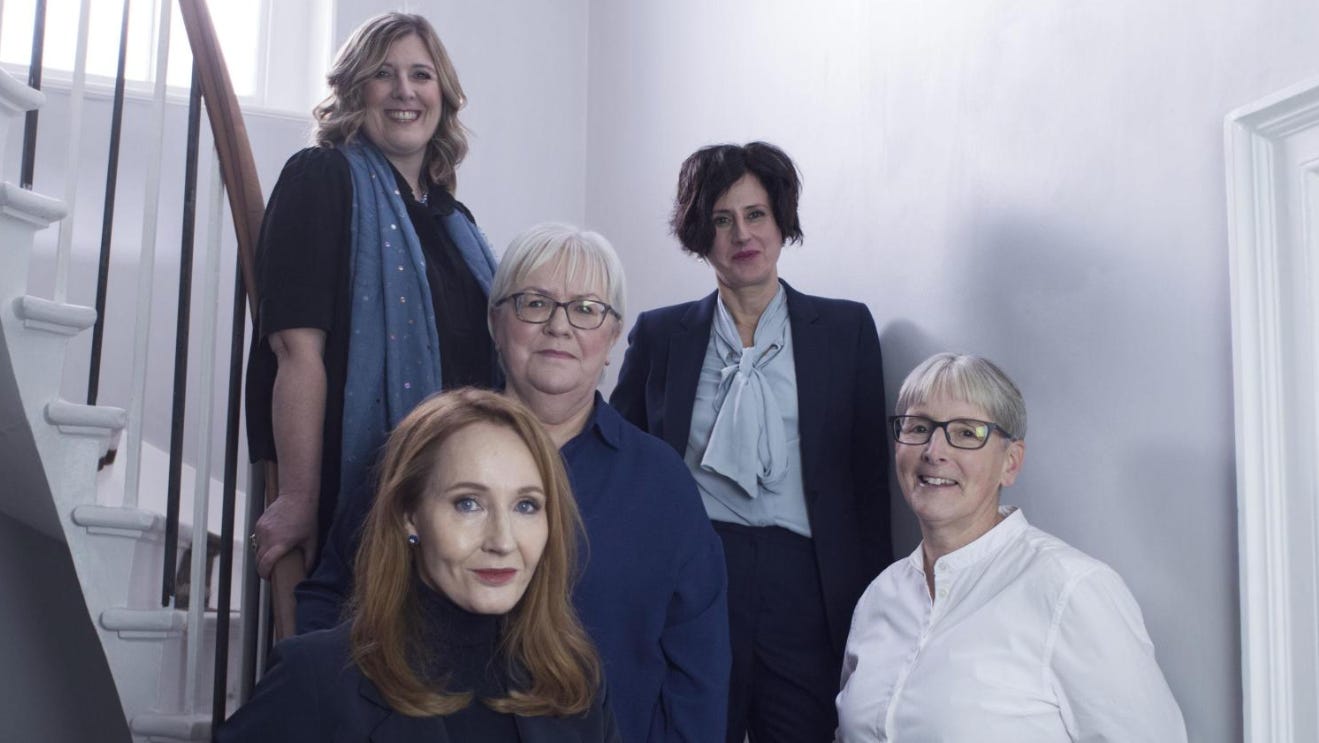
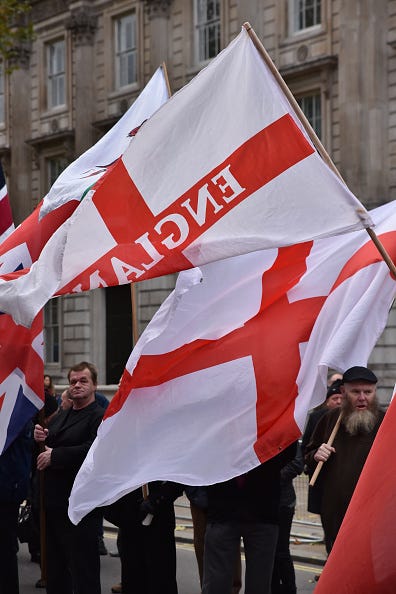
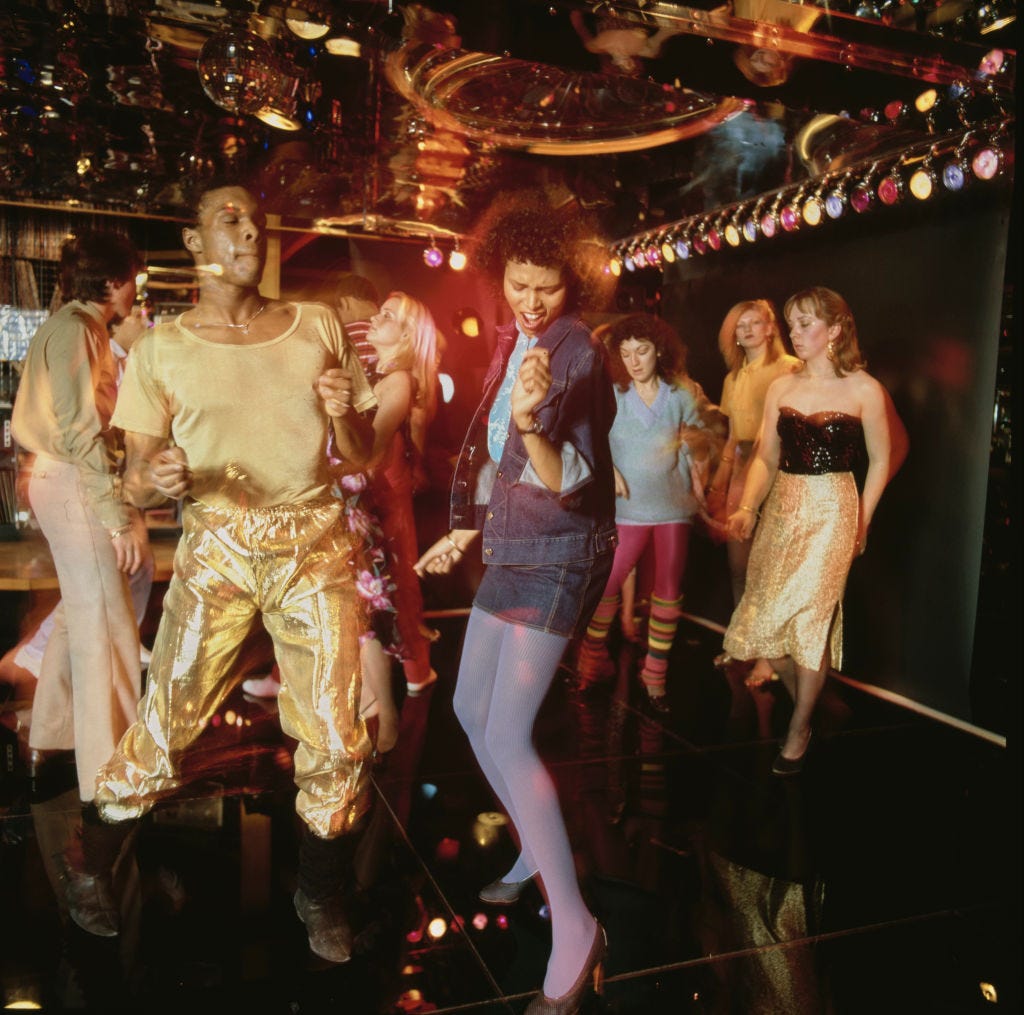
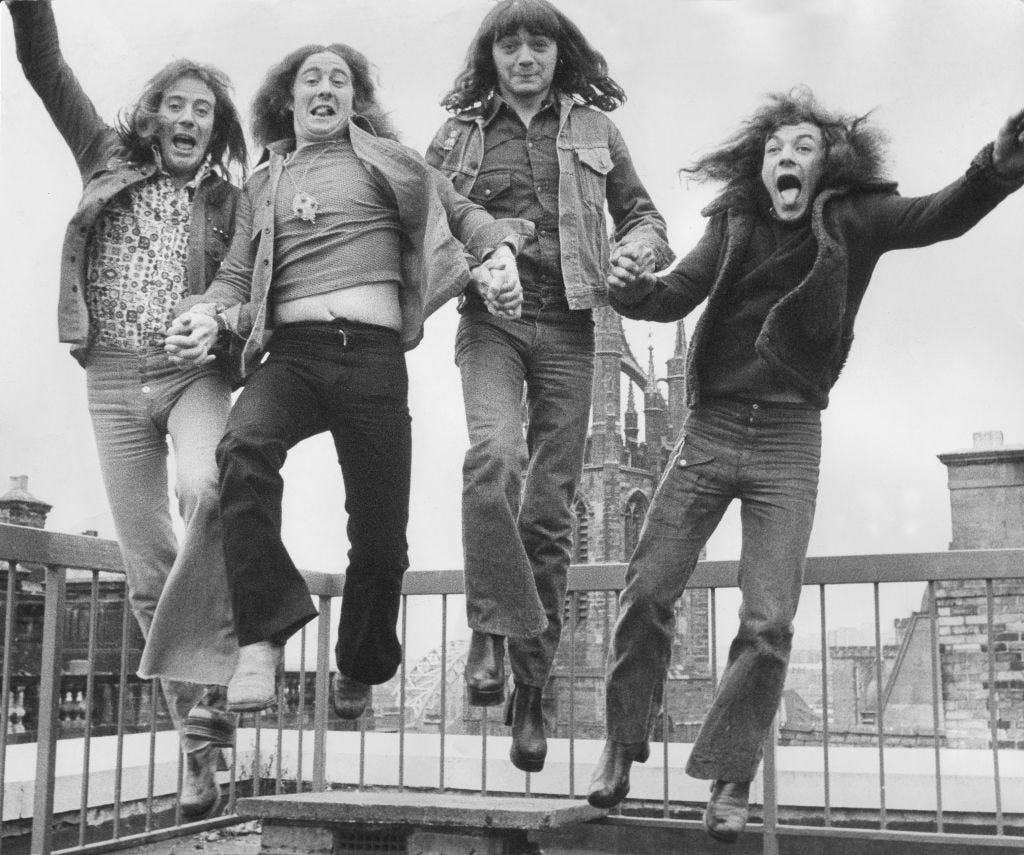
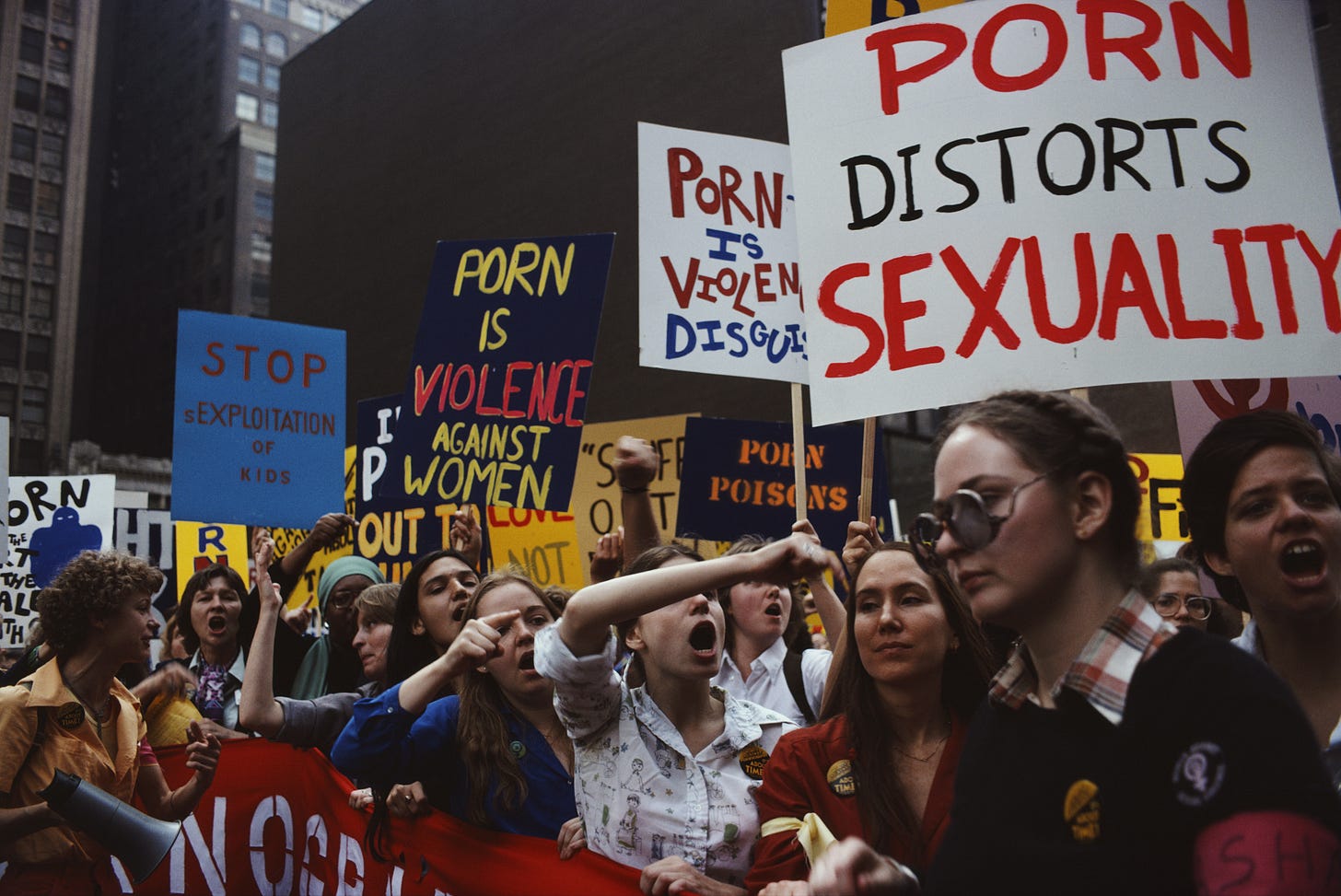

Thank you for sharing your journey of awakening to feminism here. We are a similar age and my introduction to feminism also began through a kind of osmosis…looking at my mother asking my father for more housekeeping and him tutting etc and vowing to myself that I would never to be in that position was the start. A brother who was very involved in politics also influenced me. Lucky enough to be at university in London late seventies when there was a lot going on, I joined the women’s group and sat very quietly! I also had one very outspoken feminist lecturer who was a massive influence and I started via studying to put theory into the picture. Once you view the world through the lens of feminism you never see anything without it. In those days we had CR groups and you found your local one via Spare Rib. As soon as I went into the workplace where feminism was a dirty word I joined one and four of us still meet today. Thank you for your brilliant work.
Thank you for this. Beautifully and movingly written, with great clarity, empathy for women, and a fierce sense of justice. I've been a feminist since I was a teenager, when a feminist book helped me make sense of my childhood. I'm a supporter of the Nordic Model and an opponent of gender ideology thanks to your books. Never doubt the impact and value of your work. You're right up there with Dworkin and all the greats.